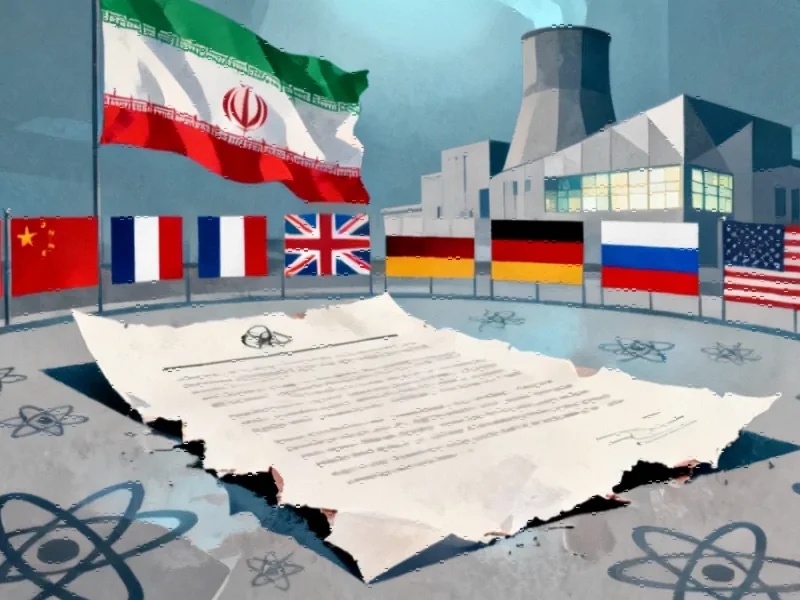According to TechRadar, Italy’s communications authority AGCOM is implementing mandatory age verification for adult websites effective immediately. The system requires users to prove they’re at least 18 years old before accessing restricted content, joining similar measures in France, the UK, and several US states. While VPN usage remains unrestricted under the current law, websites hosting adult content face specific prohibitions – they cannot promote or reference VPNs as circumvention tools. AGCOM claims their “double anonymity” model protects user privacy, but privacy advocates worldwide have expressed concerns. The regulator is actively maintaining and expanding the list of affected websites, and there’s already evidence of Italians researching secure VPN options ahead of the implementation.
The VPN crackdown is coming
Here’s the thing – while Italy isn’t blocking VPNs yet, the writing is on the wall. The UK’s Ofcom is already monitoring VPN usage with third-party tools, and two US states are considering outright blocking VPN traffic. Basically, we’re seeing a pattern where age verification leads to VPN scrutiny, which eventually leads to restrictions. It’s the same playbook we’ve watched unfold elsewhere. So while Italians can still technically use VPNs to bypass these checks today, how long will that last? The authorities are clearly watching the circumvention numbers and preparing their next moves.
Websites caught in the middle
The real pressure here is on the adult websites themselves. They’re stuck between complying with verification requirements while being forbidden from even mentioning VPN alternatives. That’s a tough position – they have to implement systems that some users will inevitably want to bypass, but they can’t discuss the very tools that would help those users. And AGCOM’s provisions make it clear they’ll be adding to the restricted website list continuously. So we’re looking at an expanding net that will catch more sites over time, all while limiting their ability to be transparent with users about workarounds.
privacy-paradox”>The privacy paradox
AGCOM keeps talking about this “double anonymity” model, but let’s be real – any system that requires you to prove your age is collecting data about you. The question is what happens to that data, who has access to it, and how secure it really is. We’ve seen enough data breaches to know that no system is completely safe. And now governments want us to trust them with even more personal information? It’s no wonder VPN searches spike every time one of these laws drops. People instinctively understand that privacy shouldn’t be sacrificed for protection.
What’s next for VPNs
Look, VPN companies are probably watching this closely. They’ve become the default solution for bypassing geo-restrictions and now age verification systems. But if governments start seriously blocking VPN traffic, we could be heading toward a cat-and-mouse game reminiscent of the streaming piracy wars. The good news? There are solid VPN options out there, including some reputable free services like Proton VPN Free and PrivadoVPN Free. But I’d steer clear of random free VPNs – many are downright dangerous with your data. The premium services often have better security and faster speeds anyway, especially with Black Friday deals making them more affordable.




